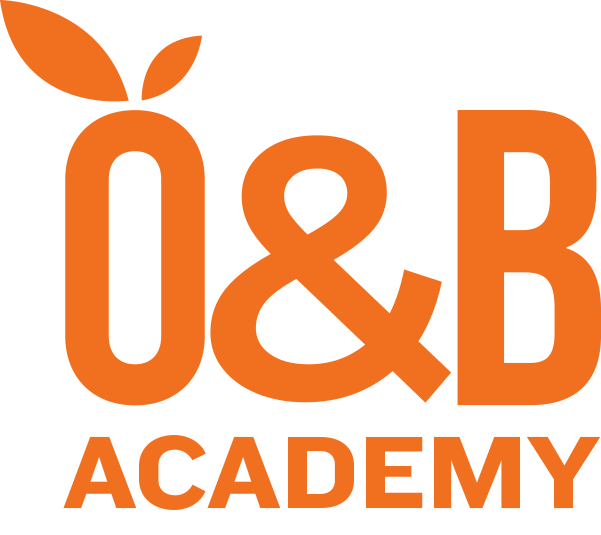Course Overview
Continuous Integration (CI) is a DevOps practice which allows developers to merge code changes coming from several sources. It means building, testing, and delivering improvements to software code using automation tools that focus on the code’s correctness before integration.
Maven is a highly popular build tool for Java projects and is effective when setting up your project for Continuous Integration. This course will help the trainee learn how to set up a basic Maven project, what different types of tests are needed, and how to check which parts of their code still need testing.
In this course, the trainee will also learn how to use GitLab in building, integrating, and verifying their code through hands-on exercises. Lastly, the trainee will learn some of the best practices and conventions in Continuous Integration coming from our consultants’ many years of experience in implementing CI.
Learning Outcomes
- Set up a basic Maven project
- Use GitLab to build, integrate, and verify code
- Learn best practices in CI
Course Outline
What is Continuous Integration
- Concept
- Benefits
- Overall Process
Build Tools
- Maven/Gradle/npm
- Automated Tests (Unit/Acceptance/Integration/UI)
- Code Coverage
CI Tools and Git Practices
- CI Tools (GitLab, Jenkins, AWS CodePipeline, CircleCI, Bamboo)
- Intro to GitLab
- Trunk-based development
- Pull Requests/Merge Requests
- Code Reviews
- Code Freeze
Best Practices and Conventions
- Integrate early and often
- Keep the build green at all times
- Write tests as part of your stories
- Write tests when fixing bugs
- Collective code ownership
Skill Level
Suitable For
Developers who want to set up their projects for Continuous Integration using Maven and GitLab
Duration
day
Related Topics
Skill Level
Suitable For
Developers who want to set up their projects for Continuous Integration using Maven and GitLab
Duration
day
Related Topics
Course Overview
Continuous Integration (CI) is a DevOps practice which allows developers to merge code changes coming from several sources. It means building, testing, and delivering improvements to software code using automation tools that focus on the code’s correctness before integration.
Maven is a highly popular build tool for Java projects and is effective when setting up your project for Continuous Integration. This course will help the trainee learn how to set up a basic Maven project, what different types of tests are needed, and how to check which parts of their code still need testing.
In this course, the trainee will also learn how to use GitLab in building, integrating, and verifying their code through hands-on exercises. Lastly, the trainee will learn some of the best practices and conventions in Continuous Integration coming from our consultants’ many years of experience in implementing CI.
Learning Outcomes
- Set up a basic Maven project
- Use GitLab to build, integrate, and verify code
- Learn best practices in CI
Course Outline
What is Continuous Integration
- Concept
- Benefits
- Overall Process
Build Tools
- Maven/Gradle/npm
- Automated Tests (Unit/Acceptance/Integration/UI)
- Code Coverage
CI Tools and Git Practices
- CI Tools (GitLab, Jenkins, AWS CodePipeline, CircleCI, Bamboo)
- Intro to GitLab
- Trunk-based development
- Pull Requests/Merge Requests
- Code Reviews
- Code Freeze
Best Practices and Conventions
- Integrate early and often
- Keep the build green at all times
- Write tests as part of your stories
- Write tests when fixing bugs
- Collective code ownership



